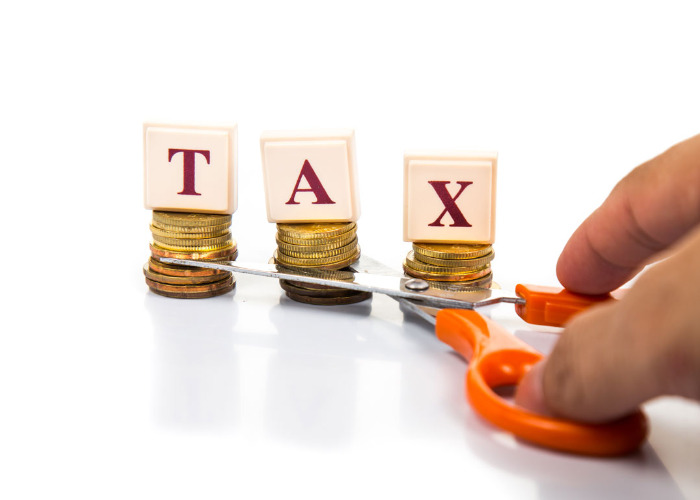Middle-earners 'paying more tax than millionaires'

Some middle earners are paying a staggering 70p tax from every extra £1 they earn due to quirks in our tax system. Here’s how it happens.
We all know how Income Tax is meant to work: the more you earn the more tax you pay.
But, new research has revealed quirks in the tax system mean more than 750,000 people are wrongly paying far more tax on their extra income than millionaires pay.
It should be that people earning under £11,500 pay no Income Tax, those earning up to £45,000 pay 20p in the pound, people earning up to £150,000 pay 40p in the pound and anyone earning more than that pays 45p.
But, research by Royal London has found that there are groups of people earning far less than a millionaire who are losing up to 70p from a £1 earned to the taxman.
“Most people would agree that as people earn more they should pay a higher rate of tax,” says Steve Webb, director of policy at Royal London.
“But a series of complex changes which have been bolted onto the tax system over recent years means this is no longer true.”
Make sure you earn a top rate on your savings
Who is affected?
375,000 parents where one partner earns between £50,000 and £60,000
This group loses 1% of their child benefit for each £100 per year that they earn above £50,000.
A couple with two children who earn £50,000 a year received £1,789 annually. If the higher earner makes £51,000 then they lose 10% of their child benefit - £179.
That means that the extra £1,000 they earn costs them £400 in Income Tax, £179 in lost child benefit and £20 in National Insurance - £599 in total.
That equals a tax rate of 59.9%.
250,000 people who earn between £100,000 and £123,000
Once you start earning more than £100,000 then the tax-free personal allowance tapers away at a rate of 50p in the pound.
So, someone earning £101,000 has £1,000 more than the threshold so loses £500 of their personal allowance. That means they have an extra £500 taxed at 40% adding £200 to their tax bill.
Overall that extra £1,000 costs them £400 in Income Tax, £200 in lost personal allowance and £20 in National Insurance - £620 in total.
That is a tax rate of 62%.
Make sure you earn a top rate on your savings
150,000 people with a total taxable income of £150,000 to £210,000
If you earn less than £150,000 a year then you can put up to £40,000 into your pension annually and receive tax relief.
But the annual pension allowance is reduced by 50p for every pound you earn above £150,000, meaning you get less tax relief.
So, earn £151,000 and that extra £1,000 will cost you £450 in Income Tax, £225 in lost annual pension allowance and £20 in National Insurance – a total of £695.
That is a tax rate of 69.5%.
This unfairness in the tax system needs to be addressed, according to Royal London.
“As part of his Budget, the Chancellor should be looking to rationalise the tax system so that it is simpler, fairer and easier to understand.”
Comments
Be the first to comment
Do you want to comment on this article? You need to be signed in for this feature